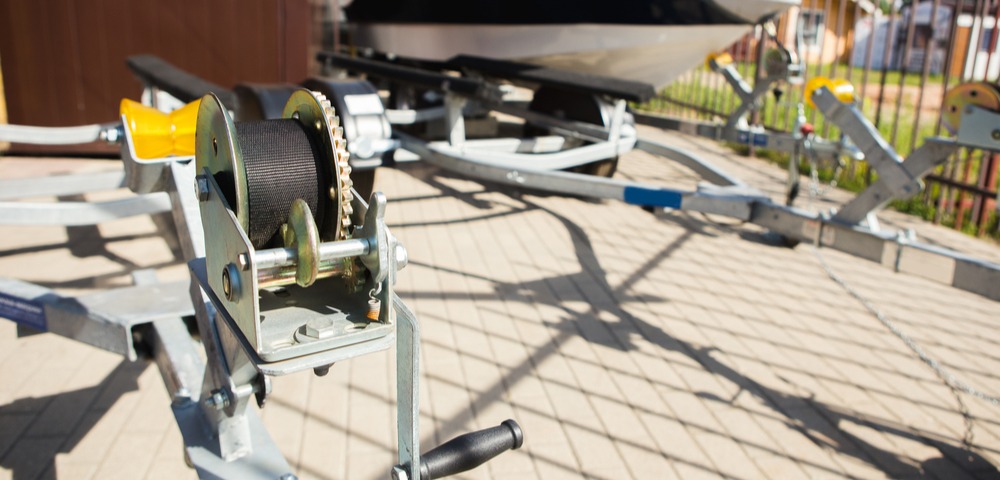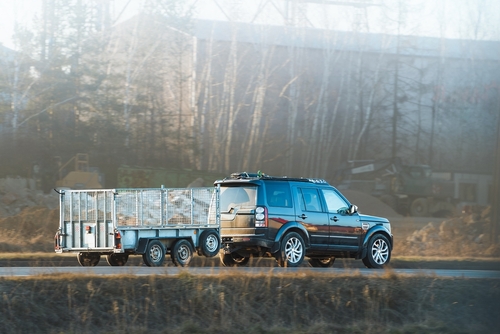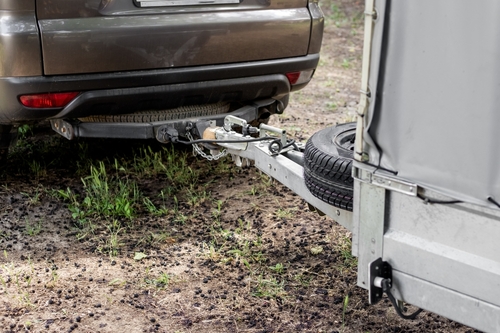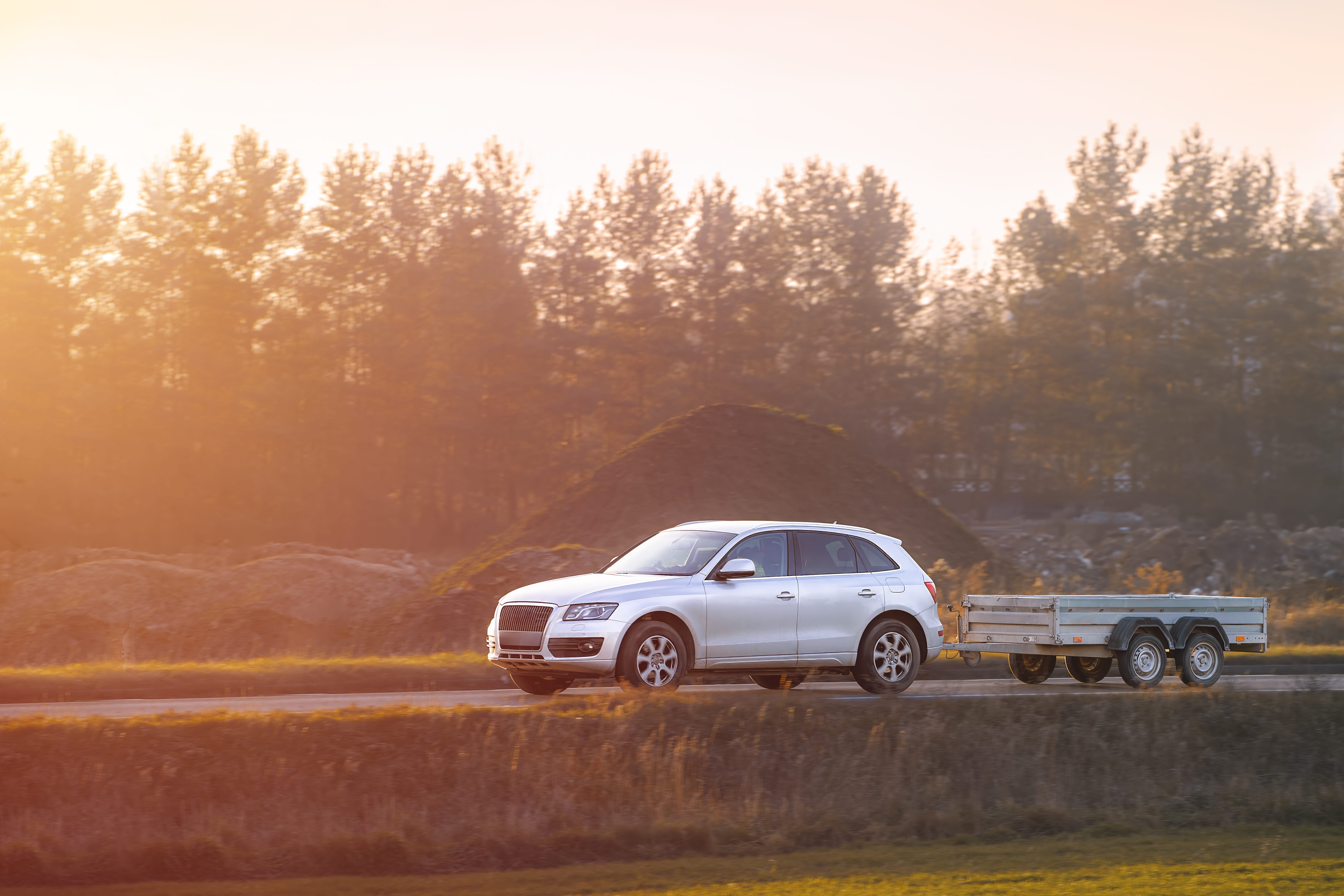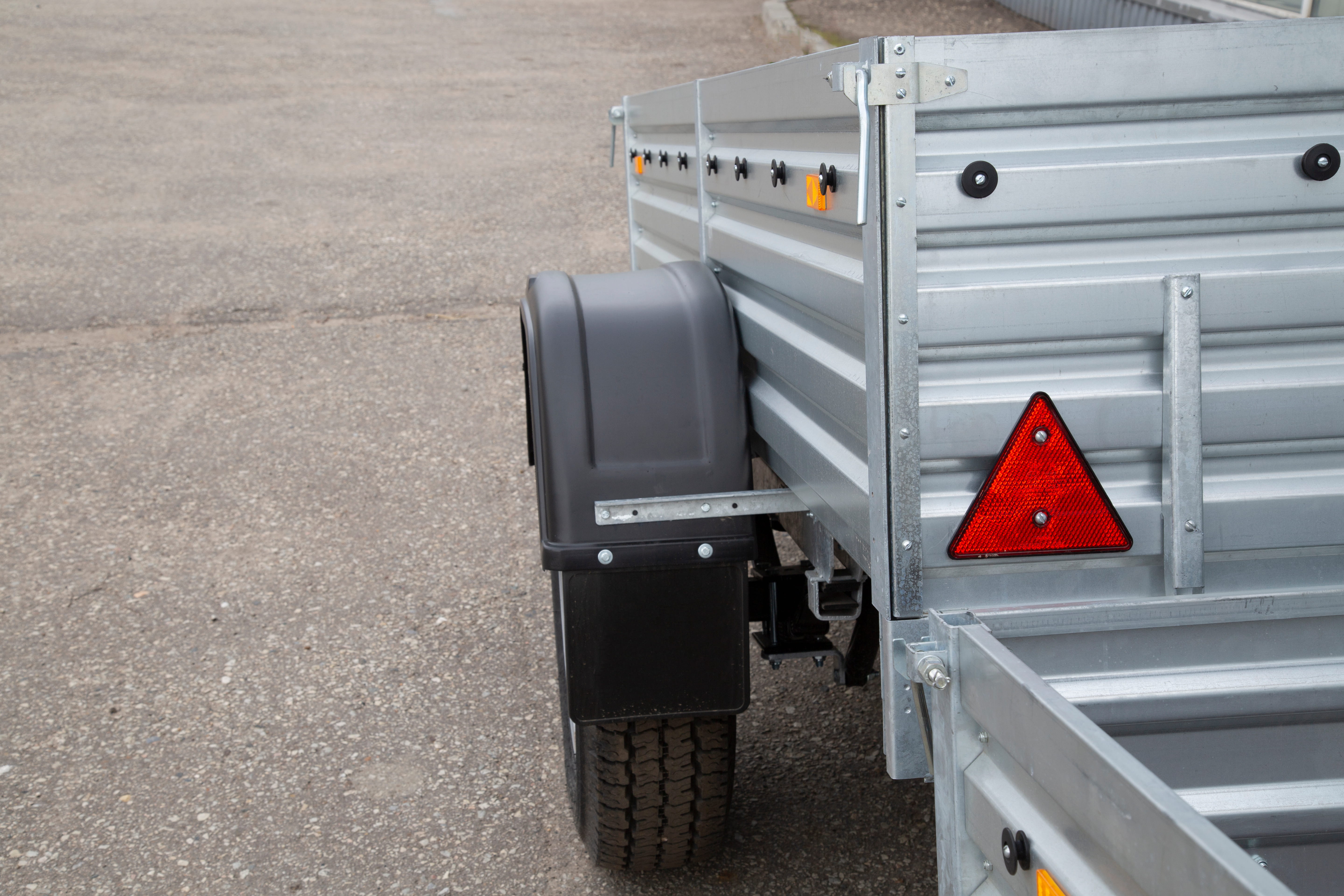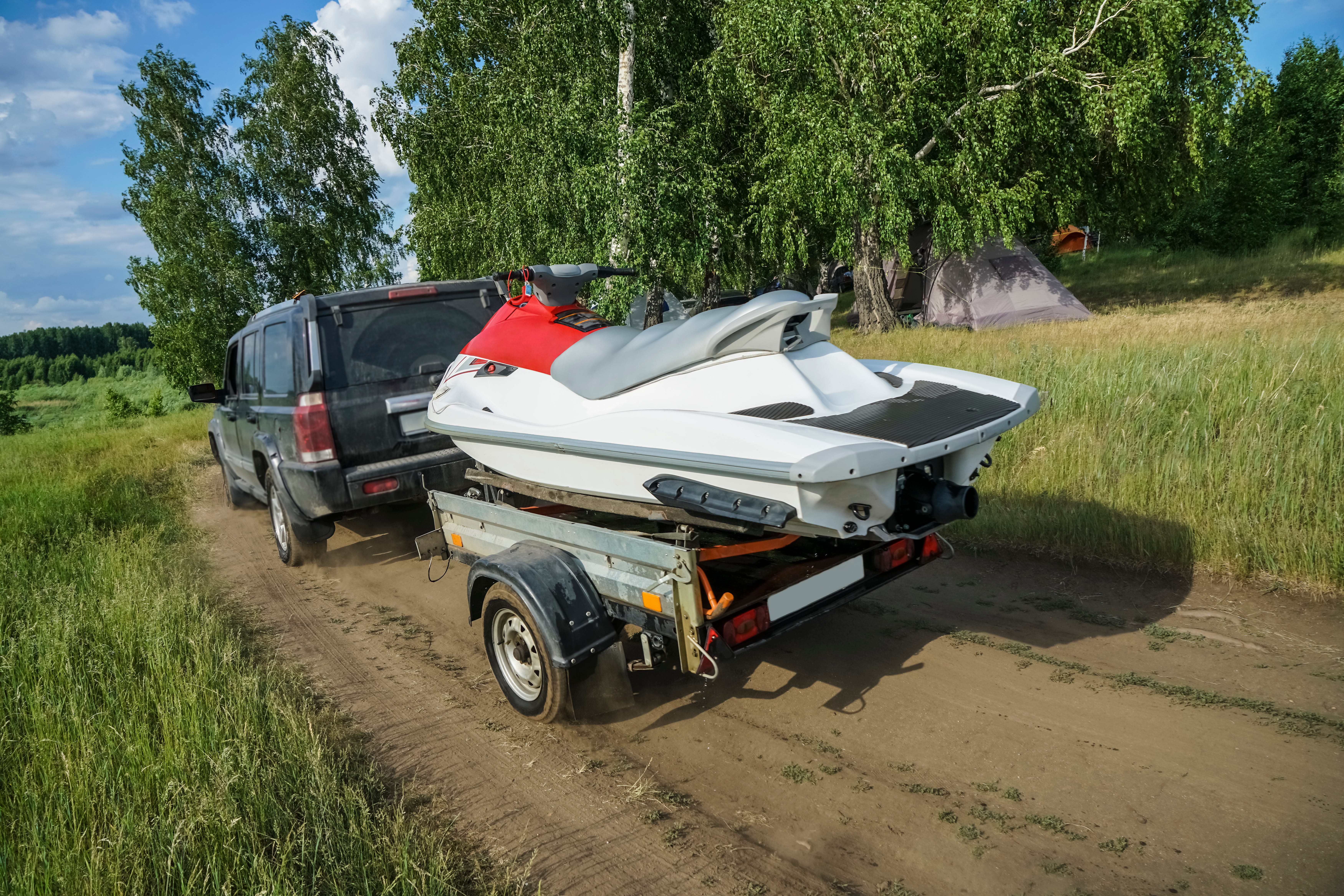If you have a car trailer or a boat trailer the chances are you will also have a winch on your trailer, you might even have a winch on a standard flatbed trailer just in case you ever need to load something heavy! Winches can be an extremely handy accessory to have on your trailer, saving you a lot of hard work and making a job that involves shifting a few tonnes as easy as flicking a switch. Today we're talking winches - how they can improve your trailer's usability, and the pros and cons of having one!
Does My Trailer Need a Winch?
The first question and most obvious question you have to ask yourself is ‘do I need one?’, and this is totally dependent on the trailer you have and what you use your trailer for. For example, fitting a winch to a horsebox trailer (or any other box trailer for that matter) would be rather pointless…there may be the odd occasion when you need to drag something heavy into your trailer for transportation, but generally, fitting a winch to these trailer types is uncommon. However, the opposite is the case for boat and car transporting trailers.
If you have ever tried to recover a boat or load a car onto a trailer without a winch you will know it can be…difficult – and certainly less controlled than it is when using a winch. Winches not only save physical work during the loading and unloading process but also allow you a better position for controlling the situation and reacting to any possible issues.
Most boat trailers will be manufactured with a winch; however, a flatbed trailer won’t necessarily be fitted with one from the factory. This is because flatbed trailers have such a wide range of uses and not all of them require a winch. It is also possible to load vehicles onto a flatbed trailer by driving them, however, this should be done very carefully and will usually require more than one person. The safest way to load a flatbed trailer is with a winch.
What Type of Winches Are There?
There are generally two types of winch, the electric winch, and the manual winch. Electrical winches usually run on the 12 Volt power supply your vehicle provides and a manual winch relies on your muscles!
The type of winch you choose is usually dependent on the loads you're intending to deal with. Let's take a look at how these two types of winches vary:
Manual Winch
The manual winch, such as the Dutton Lainson worm gear winch, use a hand-cranking mechanism that has been around for decades but remains as effective as ever. The crank is geared to rotate the windlass which maintains tension in the line. As the line is pulled in it is stored on the drum while the ratchet prevents the winch from slipping if the crank is let go.
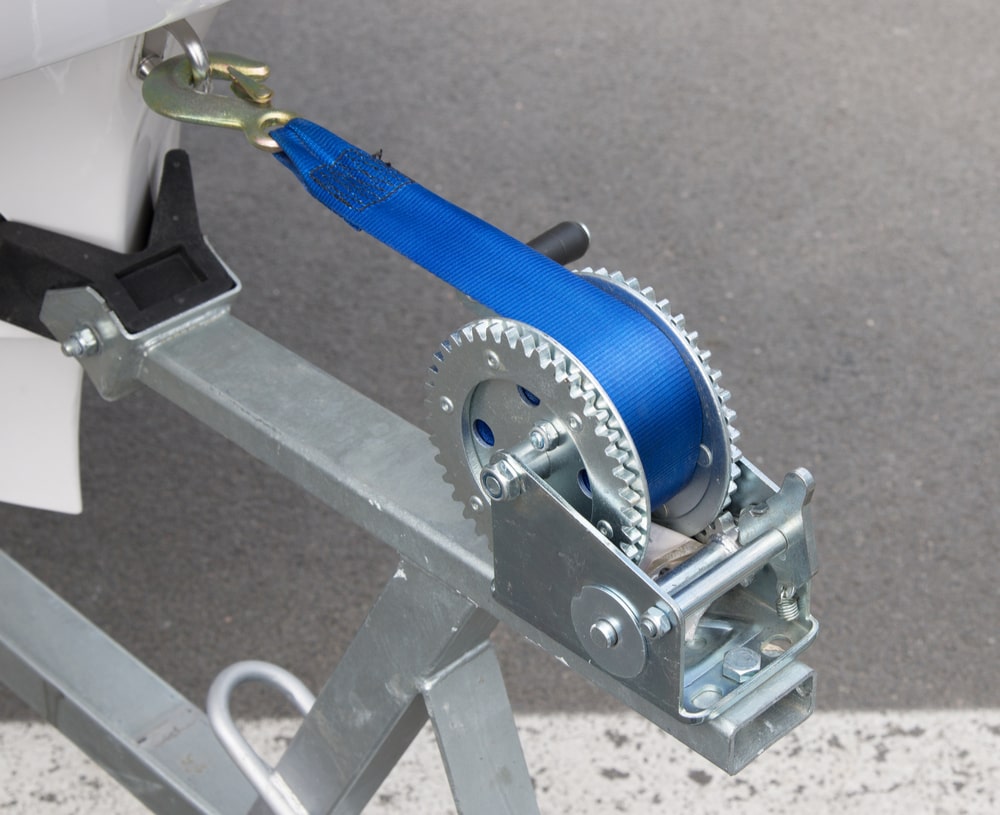
Some more advanced winches will have a gearbox that allows for winching at different speeds and weights. Most manual winches with gearboxes will be found with 3-speed settings: 1:1, 3:1, and 5(+):1. As the ratio increases the power provided by the winch also increases (the speed in which the line is recovered is reduced), this allows you to pull heavier loads such as a boat when it is totally raised out of the water.
Electric Winch
Electrical winches are hooked up to the 12 Volt battery supply (usually supplied by the towing vehicle). This type of when she uses variable speed high gear ratios to provide its winching force. Most basic electric winches will be able to ‘power in’ and ‘freewheel out’ - this means the electric motor will be used to reel the line in but gravity (or freewheel) will be used to extend the line. Very few winches have a ‘power out’ setting which is used to slowly release the line - This is largely unnecessary except in extreme circumstances.
The size of the electric winch you need will be dictated by the size of your trailer and the size of the loads you intend to winch. As you have no control over the input power (this is dictated by the size of the electrical motor) you will have to match your winch to the intended use to ensure maximum efficiency.
Why Choose an Electric Winch?
Electric winches have a higher price tag than their manual siblings, so what makes them worth the extra money?
Let's take a look at a few of the cases where an electric winch would be more suitable than a manual:
- When you are dealing with a large load - electric winches have a pulling power that exceeds that of a manual winch. So if you are dealing with heavy loads an electric winch would be the better choice.
- Speed - An electric winch has the ability to pull in at a faster rate than a manual winch.
- Safety – Due to using an enclosed system an electric winch is safer to use than a manual winch, though the controls must be always monitored when the winch is powered on.
- To make it easy - Electric winches don't require any physical work from you making them very easy to use for all ages and abilities.
Servicing And Maintaining Your Trailer Winch
your trailer winch is one of the hardest working components of your trailer so it should be serviced and maintained correctly. Luckily winches and the accessories are easily maintained and replaced if necessary. You should inspect your trailer winch during your annual trailer inspection or have it serviced if you take it to a trailer dealer.
It might be necessary to service your trailer winch more often on a boat trailer due to exposure to saltwater. Saltwater can cause rusting which may lead to a winch seizing. Keeping the components of your winch well lubricated can help repel water and avoid parts becoming rusted. It is a good practice to hose down your trailer and winch equipment with fresh water after each use if you are recovering a boat from a saltwater environment. This will not only increase the life span of your winch but other parts of your trailer as well.
if your boat trailer uses a strap rather than a cable it is recommended you extend the strap and allow it to dry if it becomes wet. If a wet strap is left wrapped around the drum it can encourage corrosion. This is also a great time to check the strap for signs of wear or fraying - if you notice a deterioration in the strap’s condition it should be replaced.
Ungalvanised winch gears are particularly prone to corrosion so they should be well lubricated with grease at all times. You should also check the shaft and bushes of the winch are also well-greased to ensure their longest possible life span. If your winch uses a wire cable we would also recommend using a wire rope lubricant which not only protects against corrosion but also helps the cable strands slide over each other with minimum friction.
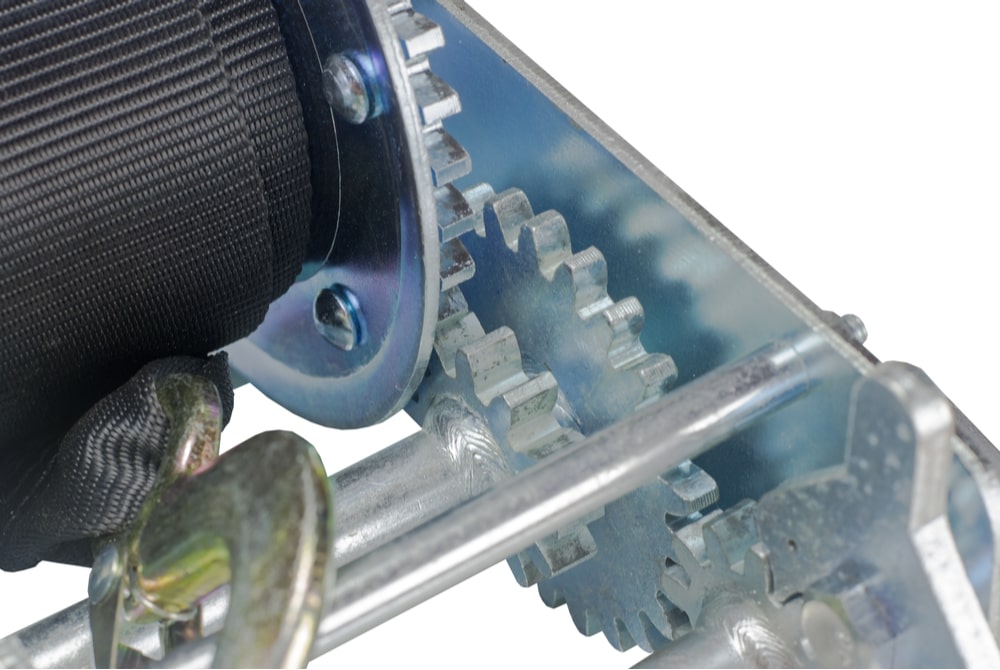
To Conclude
although not present on every trailer a winch can be an extremely handy accessory. They are vital on boat trailers and great for trailers used for vehicle transportation. A winch can make loading your trailer much faster and safer, in some cases is as easy as pressing a button. If you would like any advice on which winch would be most suitable for your trailer, or if you have any other trailer-related queries don't hesitate to get in touch with us today and speak to one of our friendly, expert team members.


